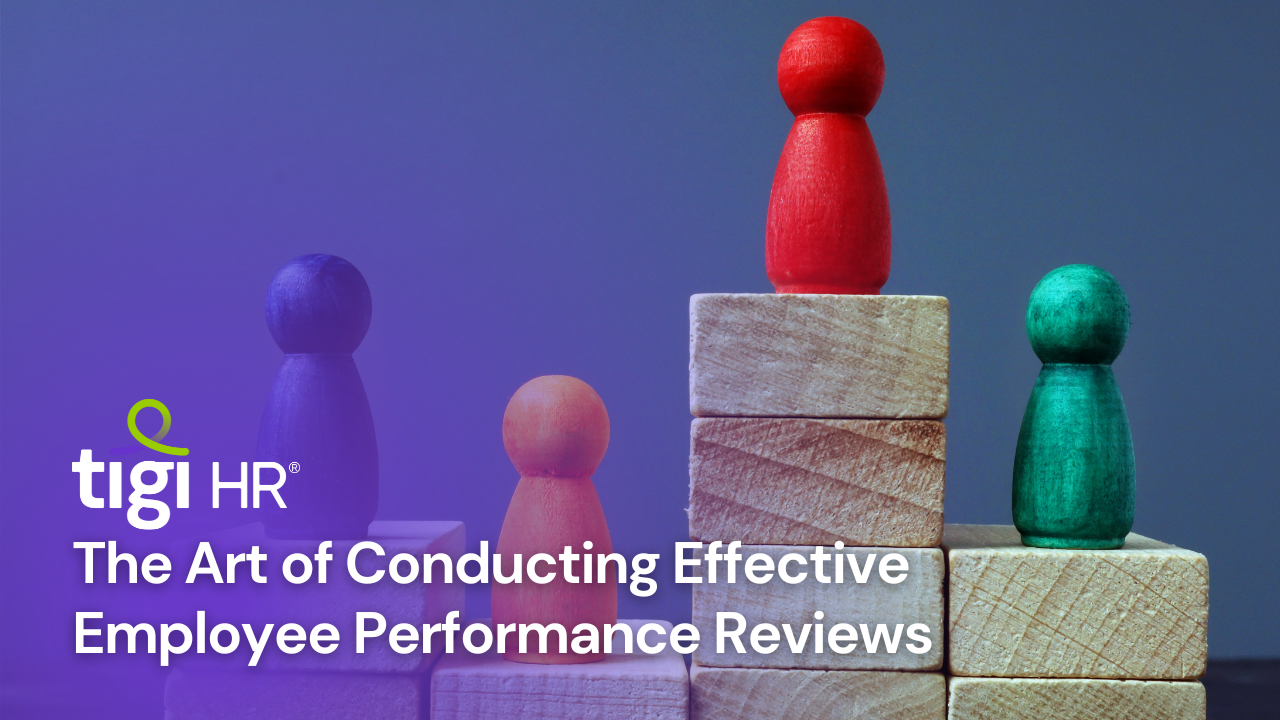Employee performance reviews often carry the reputation of being a daunting and nerve-wracking process. However, when approached with the right mindset and techniques, they can transform into a constructive and rewarding exercise for both managers and employees. Let’s dive into the art of conducting effective employee performance reviews and explore how it can contribute to organizational success.
The Prelude: Preparation
Effective performance reviews begin long before the actual meeting. It’s about collecting evidence, reviewing accomplishments, and understanding where the employee stands. Prepare a comprehensive performance file that encompasses achievements, goals, and developmental needs.
Setting the Stage: Defining Objectives
Before the review meeting, ensure both you and the employee are on the same page regarding the purpose and objectives of the review. Is it a time for reflection, goal setting, or both? Clarifying this sets the tone for the entire discussion.
Creating a Symphony: Establishing a Comfortable Atmosphere
The ambiance of the review matters. Choose a comfortable and private setting that fosters open dialogue. Begin the meeting on a positive note, acknowledging the employee’s contributions and dedication.
The Art of Listening: Active Engagement
Effective performance reviews are not monologues; they are dialogues. Encourage the employee to share their perspectives, challenges, and aspirations. Actively listen to what they have to say, demonstrating your commitment to their growth.
Brush Strokes of Feedback: Constructive and Specific
Feedback is the heart of performance reviews. Make it constructive, specific, and focused on behaviors and results. Utilize the “GROW” model (Goals, Reality, Options, Wrap-Up) to structure discussions about growth and development.
Applause for the Crescendos: Recognizing Achievements
Recognition is a powerful motivator. Celebrate the employee’s achievements, highlighting their impact on the team and organization. A pat on the back can go a long way in boosting morale and commitment.
Mapping the Future: Development Goals
Performance reviews are a natural platform for discussing career development and growth. Collaborate with the employee to set achievable goals and provide guidance on how to attain them. Offer resources and support to facilitate their journey.
Nurturing the Garden: Addressing Concerns
If performance issues arise, approach them as opportunities for growth rather than problems to be solved. Create a safe space for the employee to share their challenges and offer guidance on how to overcome them together.
Harmony in Consistency
Consistency is the hallmark of fairness. Apply the same standards and expectations to all employees to ensure equitable treatment. Consistency builds trust and confidence in the review process.
Ongoing Rhythms: Follow-Up and Support
The performance review doesn’t end with the meeting. Maintain an ongoing rhythm of check-ins to monitor progress, provide support, and make necessary adjustments. Consistent follow-up reinforces the commitment to growth.
In conclusion, conducting effective employee performance reviews is an evolving art that requires skill, empathy, and dedication. When approached as a collaborative process aimed at personal and professional development, performance reviews can become a masterpiece in the journey toward organizational success. It’s not just a one-time event; it’s a continuous process of refinement and growth, fostering a culture of excellence within your team.
HR Compliance Essentials: Navigating Legal Challenges
Explore the intricacies of HR compliance, where adherence to employment laws is just the beginning. Discover how nurturing a culture of respect and fairness is essential for organizations. Dive into the legal challenges faced by HR professionals in today’s dynamic workplace, and learn how proactive strategies can ensure long-term success.
Find trusted recruitment agencies : Click here





